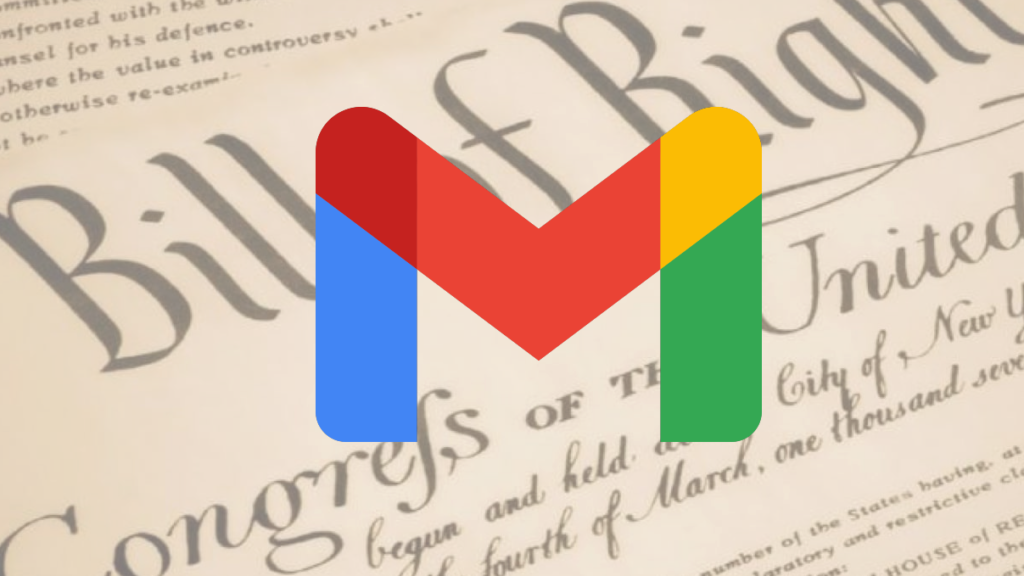
Plaintiff biotech company sued a former employee for allegedly emailing proprietary information to his personal Gmail account and discussing employment with competitors. Plaintiff’s investigations revealed defendant had sent over a hundred emails with confidential data to his Gmail account, in violation of a confidentiality agreement defendant had signed when he was hired. Plaintiff sued defendant alleging misappropriation of trade secrets under both federal and state law. Plaintiff sought a temporary restraining order that required defendant to turn over his devices and online accounts for inspection. The court granted the motion.
Injunctive relief warranted
The court found that plaintiff had shown a reasonable probability of success in the litigation. It had successfully alleged ownership of trade secrets and had described specific instances (e.g., sending emails to a private Gmail account) that would be considered misappropriation.
Defendant could not be trusted
As for the likelihood of irreparable harm plaintiff would suffer if the injunction were not granted, the court considered plaintiff’s assertion that defendant “could not be trusted” based on his alleged conduct, and that plaintiff would suffer irreparable harm because of the continued presence of unsecured confidential information on defendant’s devices and accounts.
No Fifth Amendment Protection
Defendant argued under the “balancing of the equities” test that requiring him to turn over his devices and accounts would violate his Fifth Amendment rights against self-incrimination. The court rejected this argument, however, observing that in the course of plaintiff’s investigation of defendant’s conduct, defendant signed a document knowingly, intelligently and voluntarily, thereby admitting there was incriminating evidence to be found. Because of this, the court found defendant waived his Fifth Amendment rights.
Injunction favored the public interest
The court also found that entry of the injunction requiring defendant to turn over the devices and accounts would benefit the public interest. It noted that there is a generalized public interest in upholding the inviolability of trade secrets and enforceability of confidentiality agreements. It mentioned the general interest in preserving Fifth Amendment rights but reiterated that in these circumstances, because of defendant’s waiver, the Fifth Amendment did not shield defendant.
Legend Biotech USA v. Liu, 2024 WL 919082 (D.N.J. March 4, 2024)
See also:

